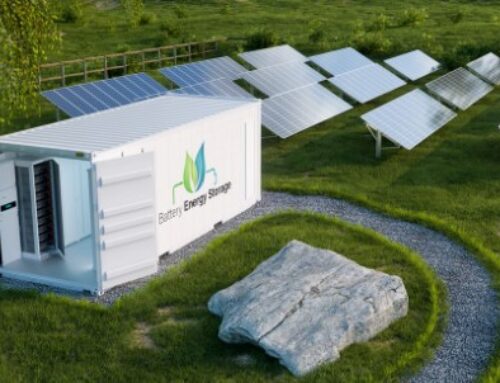Portugal needs more wind capacity to replace rising Spanish electricity imports
October 28, 2024
Wind deployment loses momentum
While weather has played a vital role in Portugal’s increased renewable production, having the right balance of baseload and peak capacity is crucial.
At the technology level, hydropower has been the main contributor to renewable energy production in recent years. Despite hydro capacity rising only slightly in recent years, production has reached record highs thanks to hydrological conditions. Hydro generation increased 72% year on year in the first five months of 2024; solar generation was up 25% and wind grew 14%.
Since 2017, installed solar capacity has increased by 440%, or 2.6 gigawatts (GW). The growth has been much more modest for onshore wind, with only a 4.6% rise (0.24 GW), and hydro, with a 14% gain (1.16 GW). The country has just one offshore wind project that started operations four years ago.
The Global Wind Energy Council has reported that Portugal has 131 GW of offshore wind potential, of which 117 GW (89%) should be floating due to the conditions of the seabed off the country’s Atlantic coast.
The downside: Electricity imports increase faster than renewables deployment
Portugal’s declining fossil fuel generation has only partially been displaced by renewables; the balance has been met by electricity imports from Spain. Since 2017, Portugal’s fossil fuel generation has been 43% replaced by renewables (mostly hydropower) and 57% by imports.
Portugal went from being a net electricity exporter to Spain in 2017 (+2.7 TWh) to a net importer from the country in 2023 (-10.2 TWh).
In 2023, 21% of Portugal’s power demand was covered by imports, far above the EU average of 0.5%, making it the sixth most import-reliant country in the bloc.
The government should aim for the country to be energy self-sufficient. It can reduce dependence on electricity imports by accelerating wind deployment.
The International Energy Agency recently recommended increased wind power development in the EU. It said while the bloc is on track to meet its 2030 target of 600 GW of solar PV, more effort is needed to boost wind capacity.
Recommendations
- Portugal risks becoming even more dependent on electricity imports if more wind and solar capacity are not installed.
- Electrification and grid modernisation are essential to guarantee a smooth transition to cleaner power generation.
- Both gas and electricity companies should work together to achieve energy transition goals.
- Portugal has enough offshore wind potential to be energy self-sufficient. It should commit to more development of this unexploited technology.
Search
RECENT PRESS RELEASES
Related Post




